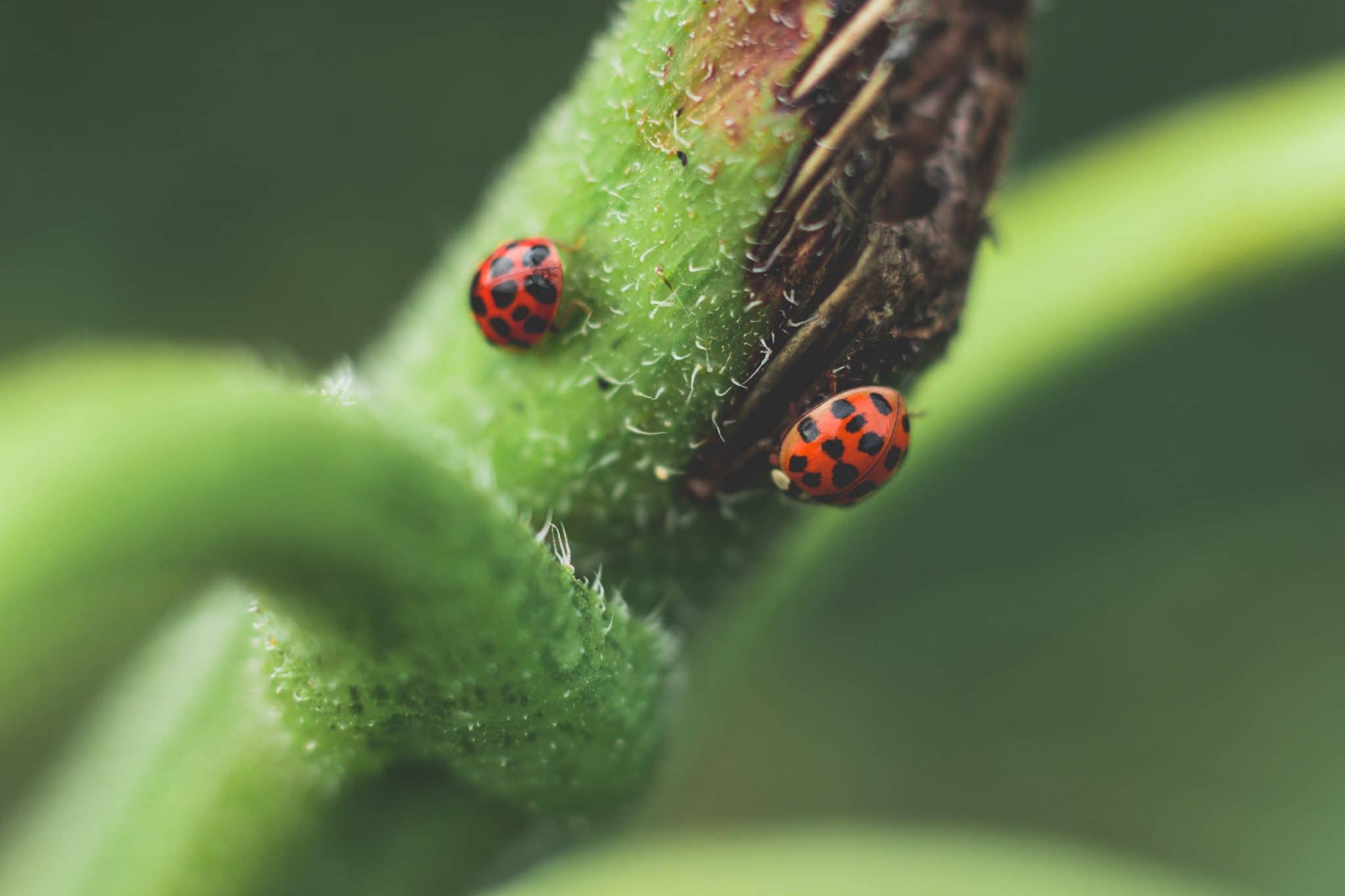If the makeup and functioning of living systems intrigues you—e.g., you were one of the few who didn’t get squeamish doing frog dissections in high school—and you’ve done well in your physical science classes, you may want to explore options as a biology major. In this genre, you’ll delve into coursework focusing on the tiniest molecules, as well as plants, animals, and fungi, all the way up to complete ecological systems. You’ll eventually parlay your newfound skills from these studies into a career in education, research, the government, environmental conservation, pharmaceutical companies, or the allied health fields.
What do biology majors study in school?
Besides your general-education work, you’ll be immersed in what makes living things tick—in other words, required courses on cells, organisms, and genetics, as well as research courses that will likely have you carrying out lots of hands-on work in the lab. You’ll also take supplemental courses in other sciences and math, including statistics, chemistry, physics, and calculus.
What makes biology particularly exciting is there are so many offshoots you can concentrate on: Genetics, marine biology, biochemistry, and evolutionary biology are just a few of the paths you can take after you build up your general biology foundation.
So where can you expect a biology major to lead you?
Just as there are numerous sub-categories of biology, there are numerous job paths.
Share your wealth of knowledge as a biology instructor for a high school or college, or as a build up that wealth of knowledge as a researcher for a medical university. Use your biology background to apply for medical school to become a doctor or veterinarian. Or tap into your skills for a variety of other jobs, including:
- Forensic scientist
- Science technician
- Plant scientist, or botanist
- Aquatic or zoo biologist
- Science museum curator or manager
- Genetic engineer
- Ecological economist
- Political adviser for government groups or nonprofits
- Science writer for a magazine, newspaper, website, or TV program
There are more than a few career paths you can take that feature ample paychecks.
The hard work you put into your biology studies can pay off down the road on payday, though you may need to pursue a master’s or Ph.D. to ascend the salary ladder to its highest rungs. Some of the higher-paying biology themed careers with a solid job outlook include microbiologists (with a median salary of about $67,000 in 2016), biochemists and biophysicists ($82,000), biomedical engineers ($85,000), and natural sciences managers (almost $120,000), who manage the work of chemists, physicists, and other biologists.
You’ll likely experience a nice mix of working in teams and alone.
Of course, this is dependent on the exact career you ultimately pursue, but science is often a collaborative effort—meaning you’ll be working closely with others in the lab and conferring with doctors and researchers on your findings, in addition to manning a microscope, writing white papers, and entering important info into a database solo.
Masters of biology can help fend off ecological disasters and other issues that plague the planet.
The Earth is populated by living organisms, so it’s vital that scientists are educated in how to properly maintain and nurture the systems that keep these organisms—including ourselves—living in relative harmony. That could range from figuring out how to reduce the effects of climate change to curing infectious diseases, jumping into stem cell research, or specializing in bioterrorism to keep the bad guys from harnessing bacteria and viruses for nefarious purposes. You could also, in a world of dwindling resources, be the next scientist to come up with a viable fuel alternative or genetically modified food product to feed ever-growing populations.



